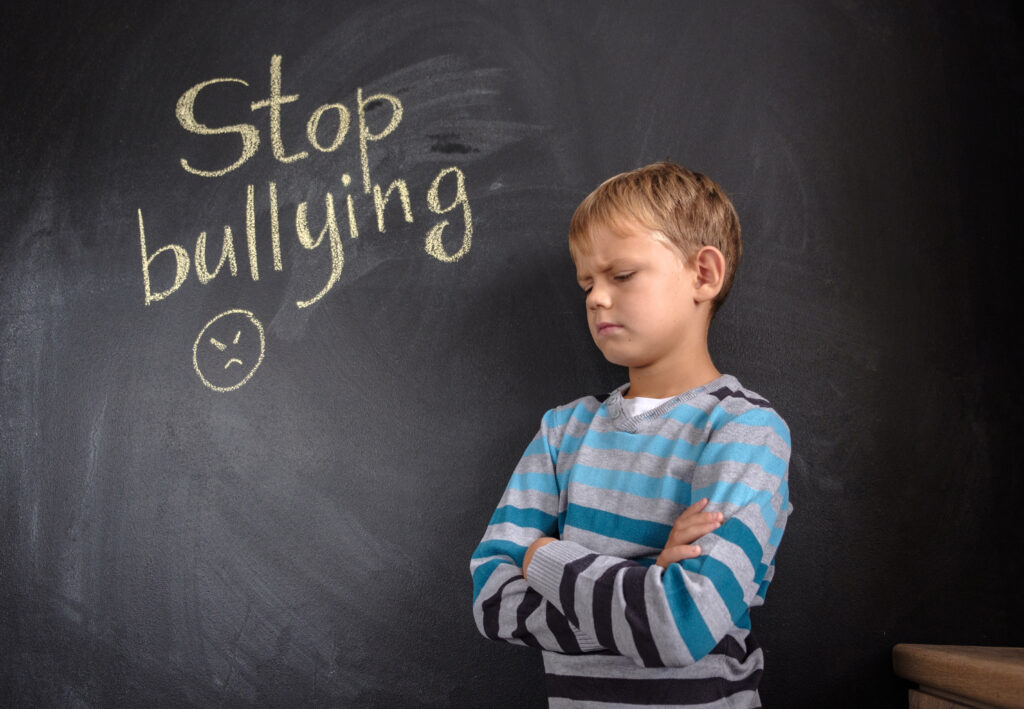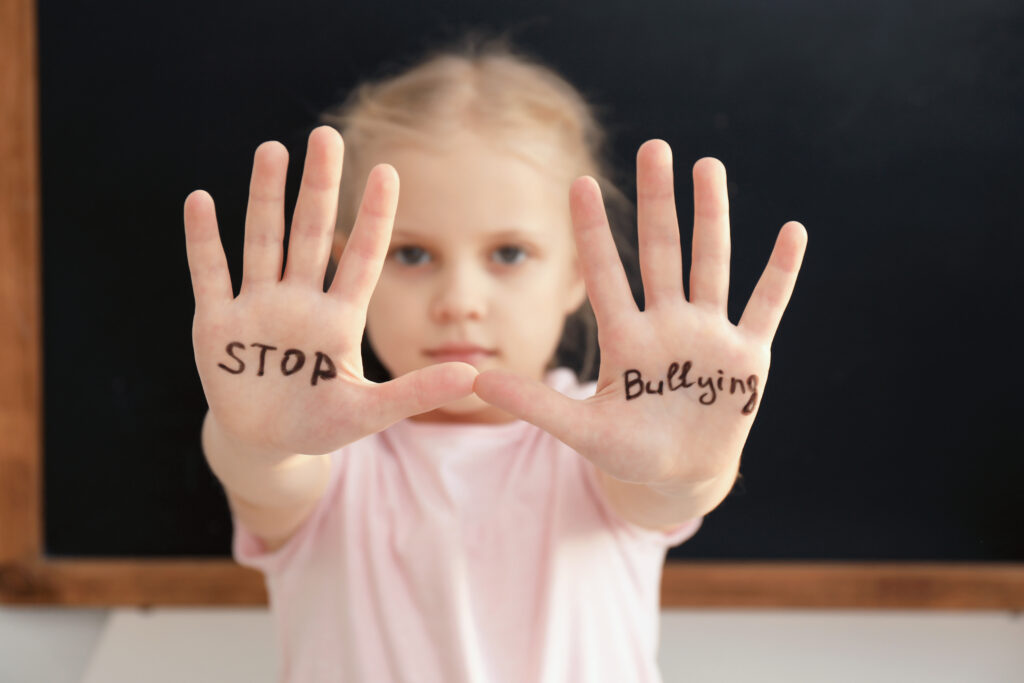Bullying is a pervasive issue in our society that needs to be addressed. It has plagued many generations, and countless individuals have experienced it in some form or another. Not only does the bullying cause immediate physical and emotional harm to its victims, but it also leads to long-term impacts such as increased anxiety levels which can carry into adult life. It is therefore imperative for us all – the young, old, parents, teachers, and bystanders – to take action against bullies and help educate others on why this behavior needs to be stopped.
Bullying has serious consequences
Bullying is a troubling issue that has far-reaching effects on both the perpetrator and the person being bullied. Victims often suffer from lowered self-esteem, depression, and anxiety which can lead to long-term emotional damage. Meanwhile, bullies themselves can face social isolation, academic struggles, and even legal repercussions. It’s important to recognize that bullying can have fatal consequences for both parties. That’s why we should all work together to create safe and supportive environments that promote respect and understanding. By doing this, we can help prevent the negative consequences of bullying and ensure that everyone can thrive in peace.

Creating a safe and supportive school environment
Creating a safe and supportive school environment is crucial for the overall well-being of students. When students feel safe and supported, it creates an atmosphere where they can thrive both academically and socially. A healthy environment leads to better mental health and academic performance. Schools that prioritize mental health and provide resources such as school counselors and mental health programs are showing that they value their students’ well-being. In such an environment, students are more likely to feel comfortable opening up about their struggles and seek help when needed. Creating a positive school environment is a joint effort between administrators, teachers, and students, and it is important to prioritize initiatives that foster a supportive and nurturing community.
As parents, we want the best for our children and hope that they grow up to be kind, empathetic individuals. Encouraging our children to develop empathy from a young age may be one of the best ways to achieve this. Studies show that children who exhibit empathy early on are less likely to engage in negative behaviors in their teenage years. This is because empathy helps children understand and value the feelings and needs of others, which can lead to the development of positive relationships and a sense of responsibility towards others. By modeling and encouraging empathetic behavior, we can help our children become compassionate and caring members of society.
Teaching children about self-esteem
As children navigate through school and social environments, it’s essential for them to have a strong sense of self-esteem, boundaries and respect. These key traits can serve as powerful tools for children to handle bullying situations that may arise. With a solid foundation of self-worth and personal boundaries, children can better recognize and respond to inappropriate behavior, standing up for themselves and others when necessary. Teaching children about respect for themselves and others can also empower them with positive social skills and empathy, making it easier for them to form healthy relationships and build a positive sense of self. By instilling these important values in children from a young age, we can help them navigate the world with strength, confidence and compassion.
Modeling positive behavior
As people, we often learn by example. This is especially true for young people who are still figuring out how to navigate the world around them. By modeling positive behavior, we can help these youth become better allies to those around them. By demonstrating kindness, empathy, and understanding, we can show them how to treat others with respect and create a more welcoming and inclusive community. As individuals, our actions may seem small, but they can have a huge impact on those around us. By taking the time to model positive behavior, we can help shape the next generation of compassionate and supportive allies.

Implementing anti-bullying policies
Bullying has long been a pervasive problem in schools across the country. The fear and anxiety that students can face while in the presence of a bully can often harm both their academic and social experiences. However, by implementing anti-bullying policies that are enforced by school faculty, we can create a sense of safety for everyone. When students know that there are consequences for their actions, they’re less likely to engage in bullying behavior, making school a better environment for everyone. The implementation of anti-bullying policies won’t magically solve the issue. Education and prevention must go hand-in-hand with enforcement. However, by working together, we can create a safe, healthy, and happy learning environment for all students.
Last Word
Bullying can have a lasting and damaging effect on the mental health of both the bully and the victim. It is important to ensure that all children are provided with a safe, supportive, and nurturing school environment in order to promote their psychological well-being. The long-term prevention of bullying requires educational efforts focused on creating empathy in young people, teaching healthy boundaries and self-esteem, and modeling positive behavior. Finally, instituting anti-bullying policies enforced by school faculty is essential for creating an environment where every student feels included, respected, and valued – no matter what. We must come together to help promote a better future through positive support while also recognizing the importance of taking a stance against bullying when we see it.
Frequently Asked Questions
People bully others for reasons such as a desire for power, jealousy, insecurity, social pressure, and a lack of empathy. Some individuals may also bully because of past experiences with abuse or neglect. However, each case of bullying is unique and should be approached with understanding.
There isn’t a single type of person who is most likely to be a bully. However, individuals who have experienced abuse or neglect, lack empathy and have a need for power or control may be more likely to engage in bullying behavior.
Signs that someone is being bullied include changes in behavior, unexplained injuries, loss of possessions, and decline in academic performance. If you suspect someone is being bullied, offer support and encourage them to seek help from a trusted adult or professional.






